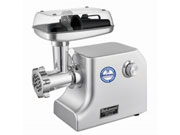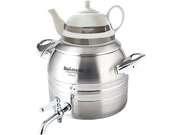Cloud Management Platforms
A cloud management platform allows enterprises to manage the lifecycle of all cloud-based resources and services. It provides complete visibility of all environments that run within an organization, regardless of whether they are public, hybrid or private. It will also monitor each one to ensure that it is efficiently used. It enables automation of cloud management tasks in order to maximize the use of resources.
The most effective cloud management platforms have a variety of tools that can help you manage your cloud deployment, monitoring, optimization and cost management processes. Here are a few key attributes to consider:
Integration It should be a breeze to integrate with your current IT configuration software, DevOps, and other management systems. It should also support discovery of all your cloud assets, application of tags for effective resource management and provisioning/de-provisioning of cloud resources. It should have a cloud-migration tool that allows you to move workloads from one platform to another.
Cost Management It is important to see a complete overview of your cloud usage using interactive cost analytics dashboards and get holistic recommendations on how to reduce your cloud costs. It should also include tools for capacity forecasting and planning to help you plan your budget.
CMPs are made to fit specific environments and have a distinct design philosophy. It’s not easy to find a universal cloud management software, so it’s crucial to analyze your own strategy and choose the CMP that aligns with it.
















































Connect with Delmonti